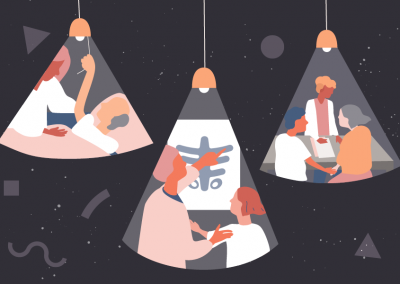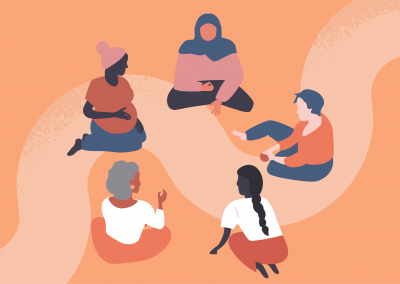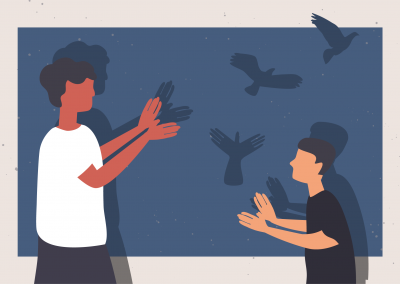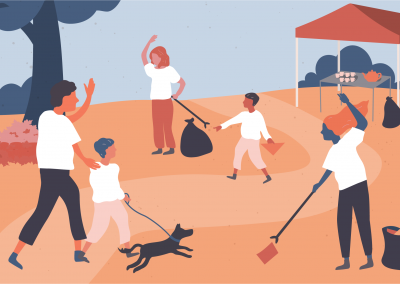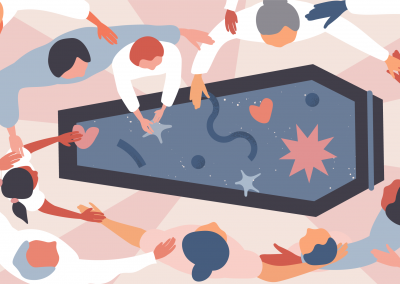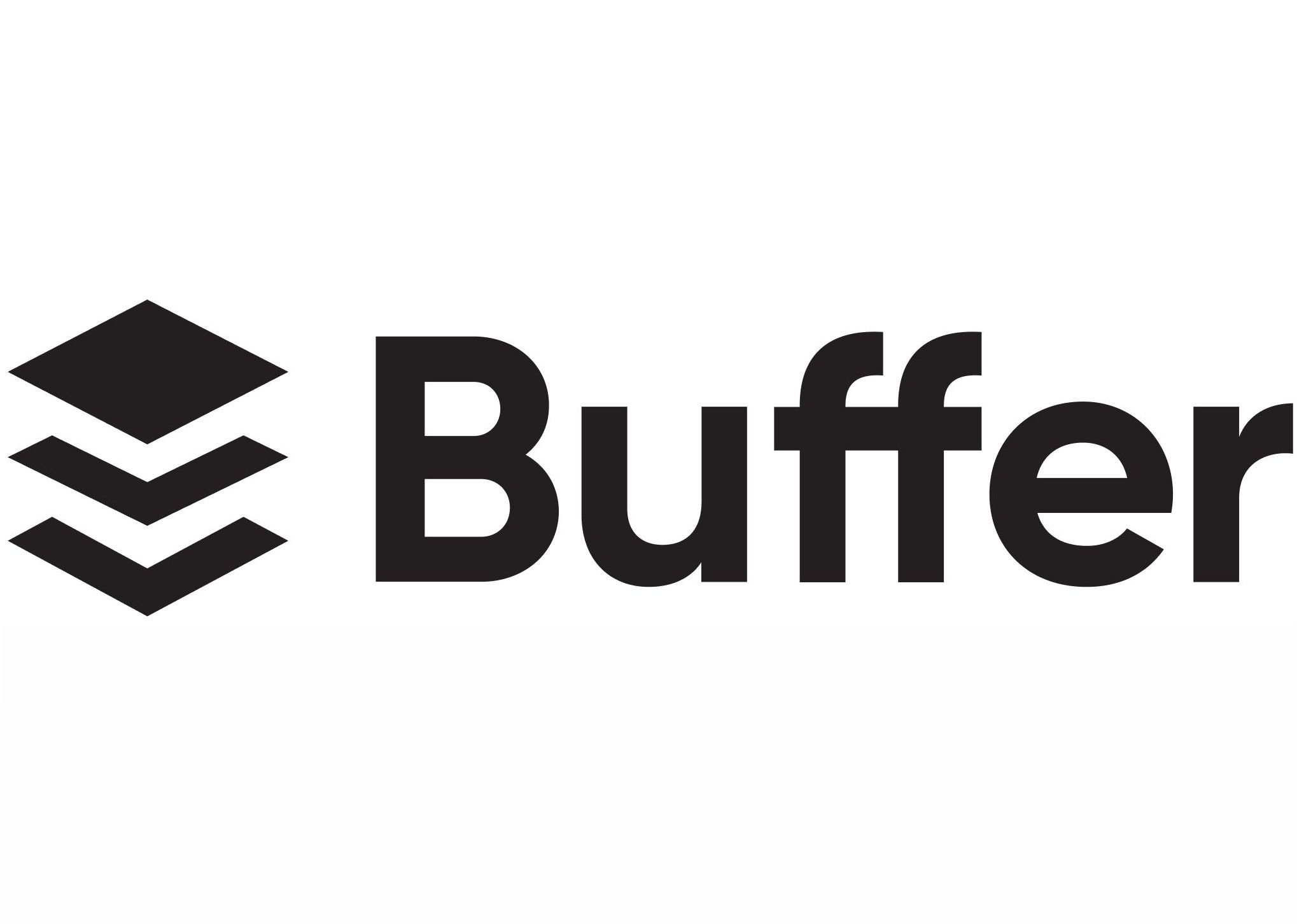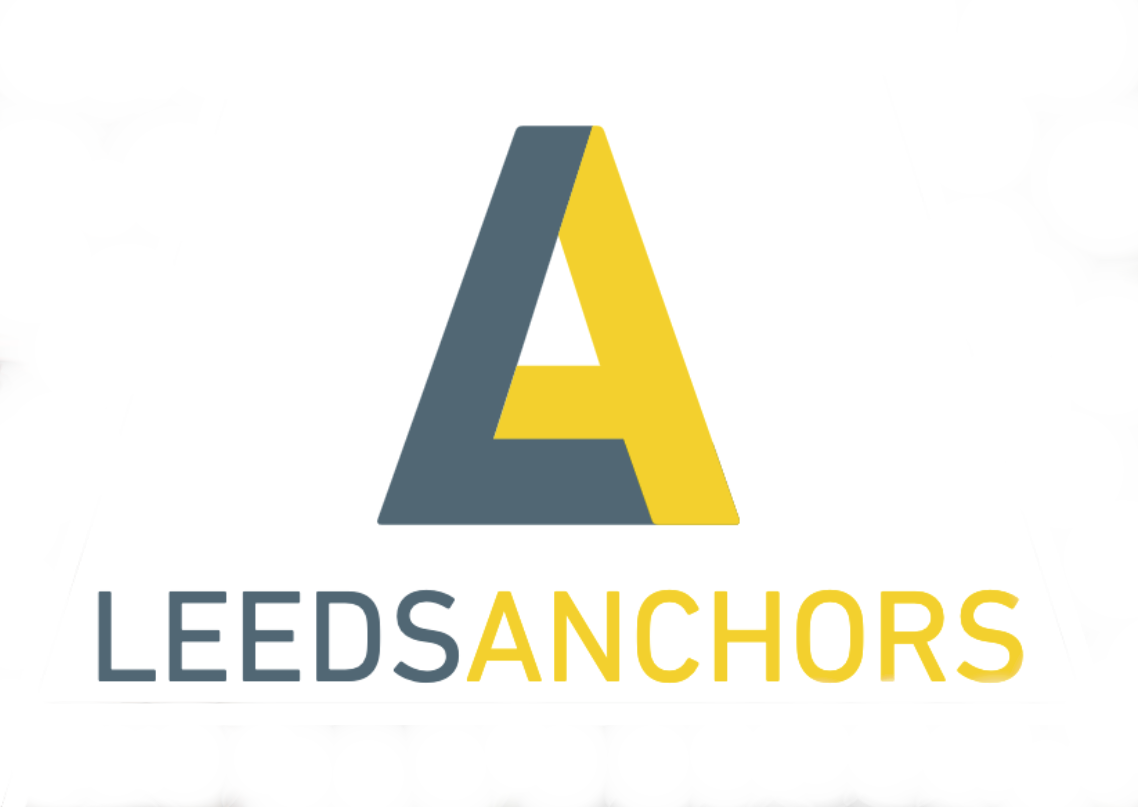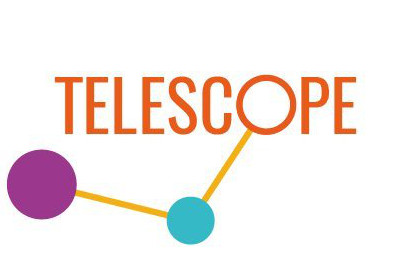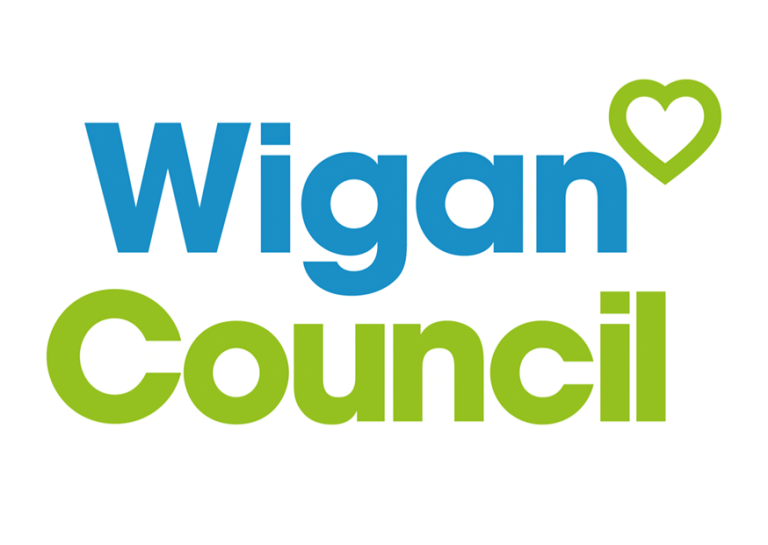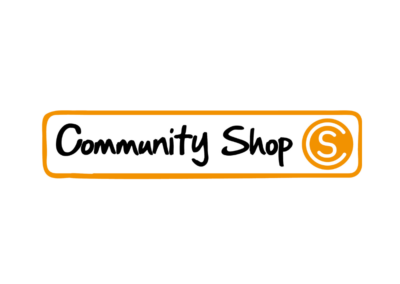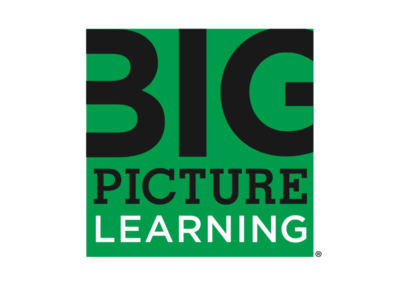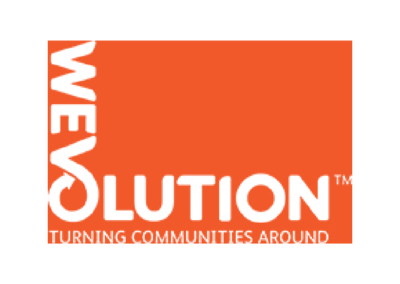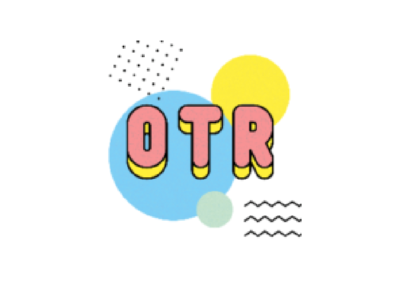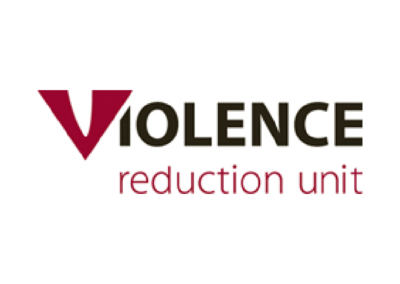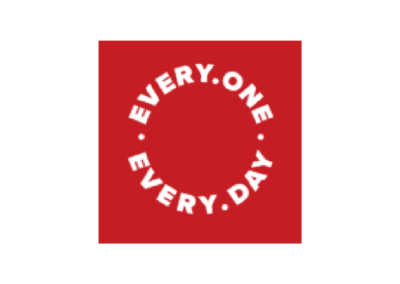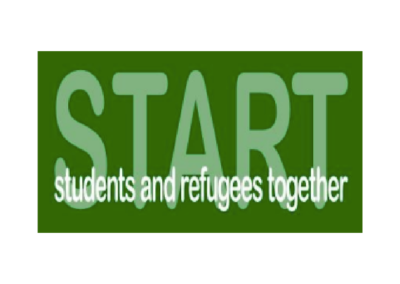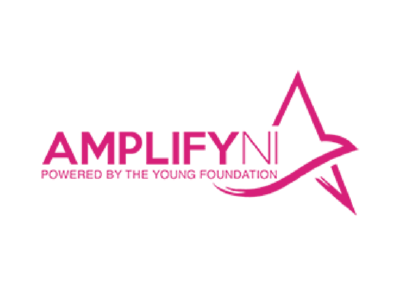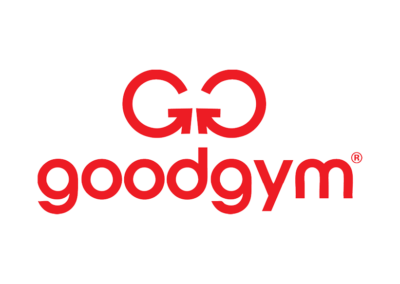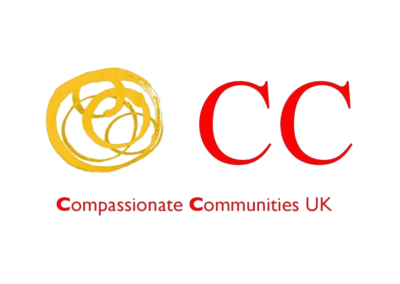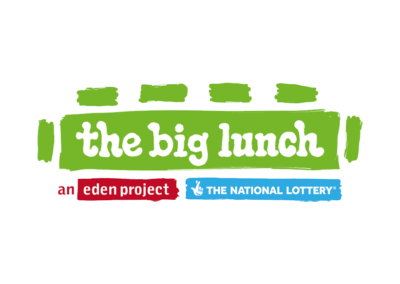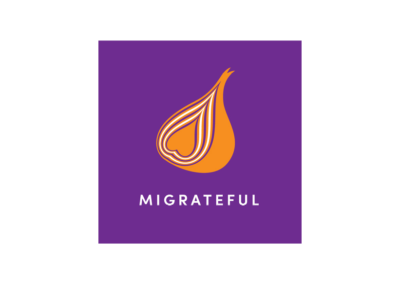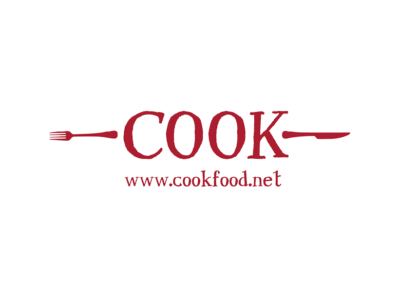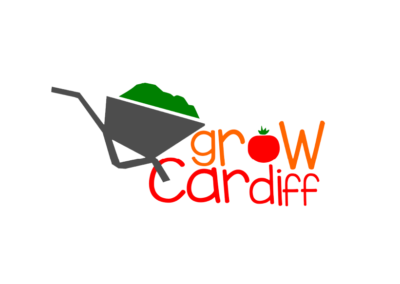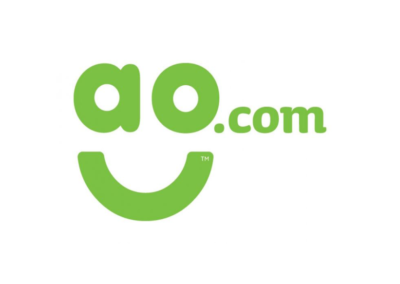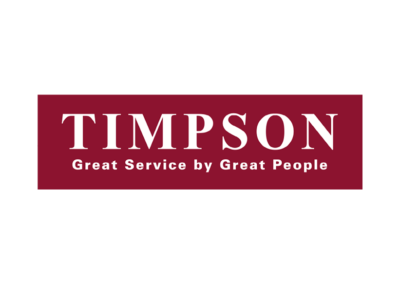Case study: COOK
Selling frozen food to thaw perceptions of ex-offenders
Introducing COOK
Since 1997, COOK has sold frozen meals with a difference. Its founding mission statement reads: “To cook using the same ingredients and techniques a good cook would use at home, so everything looks and tastes homemade.” In so doing, COOK also employs ex-offenders and previously homeless people. There are now over 90 COOK shops across the UK, plus a thriving delivery business and a concessions network. COOK became a B Corps in 2013.
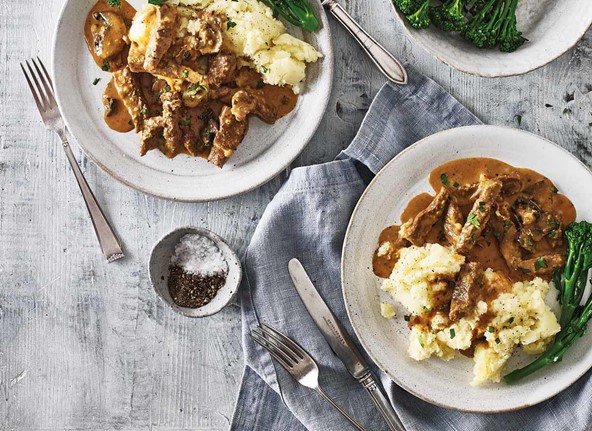
How does COOK work?
- Between people and their work
- With food and where it comes from
- Between COOK, its customers and their communities
- Between business and society
These four aims are interconnected through a range of initiatives through which COOK emphasises relationships over hierarchy and treats staff as rounded people instead of automatons.
Ready and Working (RAW)
The Selfie
The COOK Dream Academy
Financial support
What impact is COOK having?
Social impact
RAW Talents employed since 2014, representing 2% of the current workforce
Care Cards distributed to staff in 2018, resulting in £30,149 in discounts for people in need
loaned to staff in the fast 5 years with zero defaults
Economic impact
best company to work for in 2019 according to Times 100 Best Companies to work for, making it the highest places manufacturer
B Corp score in 2019 - COOK's third straight increase in score
%
increase in profits in 2019, alongside a 16% increase in sales and 81 new concession partners
What can we learn from COOK?
A few things that stand out to us about the way that COOK operates:
Creating an enabling environment helps to support the development and maintenance of meaningful relationships
Openness, empathy – and sometimes forgiveness – are necessary conditions from which relationships can grow
Third parties are often vital in helping frame and initiate relationships
COOK relies on HMP Standford Hill and Caring Hands to suggest candidates suitable to working at COOK. COOK’s strong relationship with its staff therefore relies on its relationship with other organisations and their expertise.
Training can provide a trellis on which mutual relationships grow, especially when the trainee faces barriers to training elsewhere
In COOK’s context RAW Talents’ training helps ground a mutual employer-employee relationship built on trust. RAW Talents develop skills, secure employment and feel a renewed sense of purpose – all of which may be difficult to find elsewhere. COOK, in return, benefits from a valuable team member and contributes to its high B Corp score and staff-satisfaction rating. Training offers the framework for this exchange to take place.
Relationships often work best when they align with participants’ existing values
We’ve written this time and time again across our case studies, but it is interesting and important to observe how relationship-centred design is particularly effective when relationships are designed in alignment with participants’ existing values. In this case, COOK values the idea that business should be about more than profit, and RAW Talents broadly value the sense of freedom and redemption, among other benefits, that regular employment helps provide.
Want to know more?
What’s next for COOK?
COOK has a transparent ‘2020 To-Do List’ on its website, outlining the company’s aims by 2020 in a bid to become a “more responsible and sustainable business.
Further reading
- COOK’s website has a wealth of information on its initiatives and values. Its Nourishing Relationships page is the best jumping-off point.
- The website also features its impact reports, including its 2018 report.

